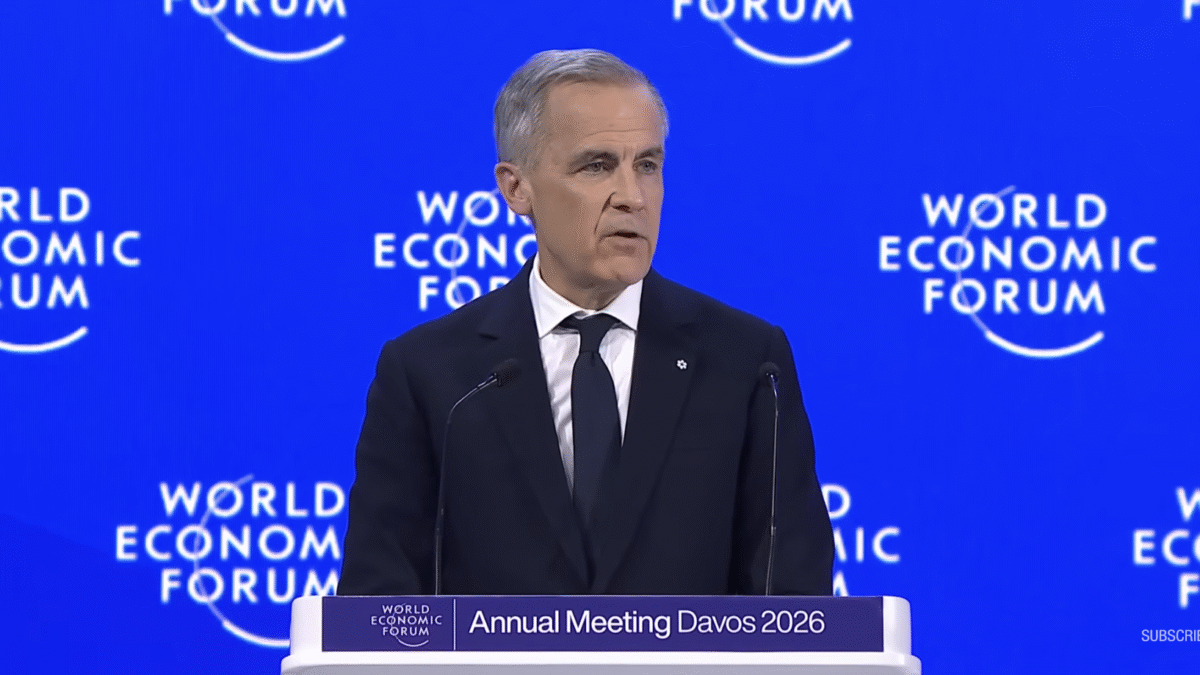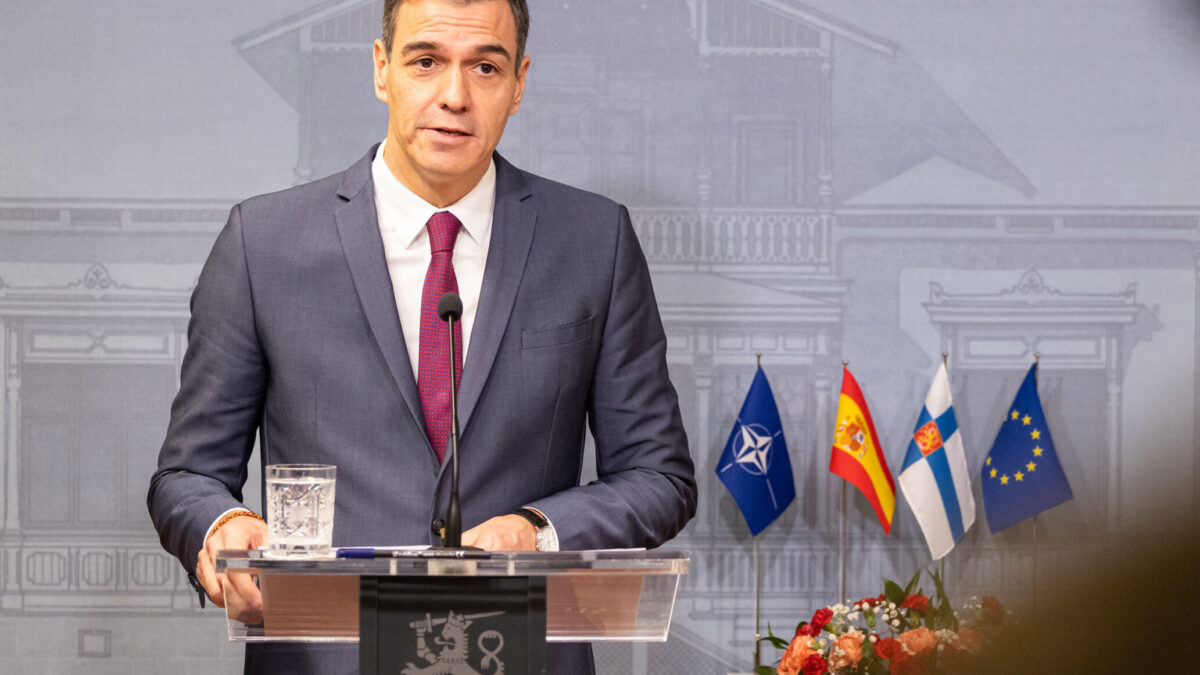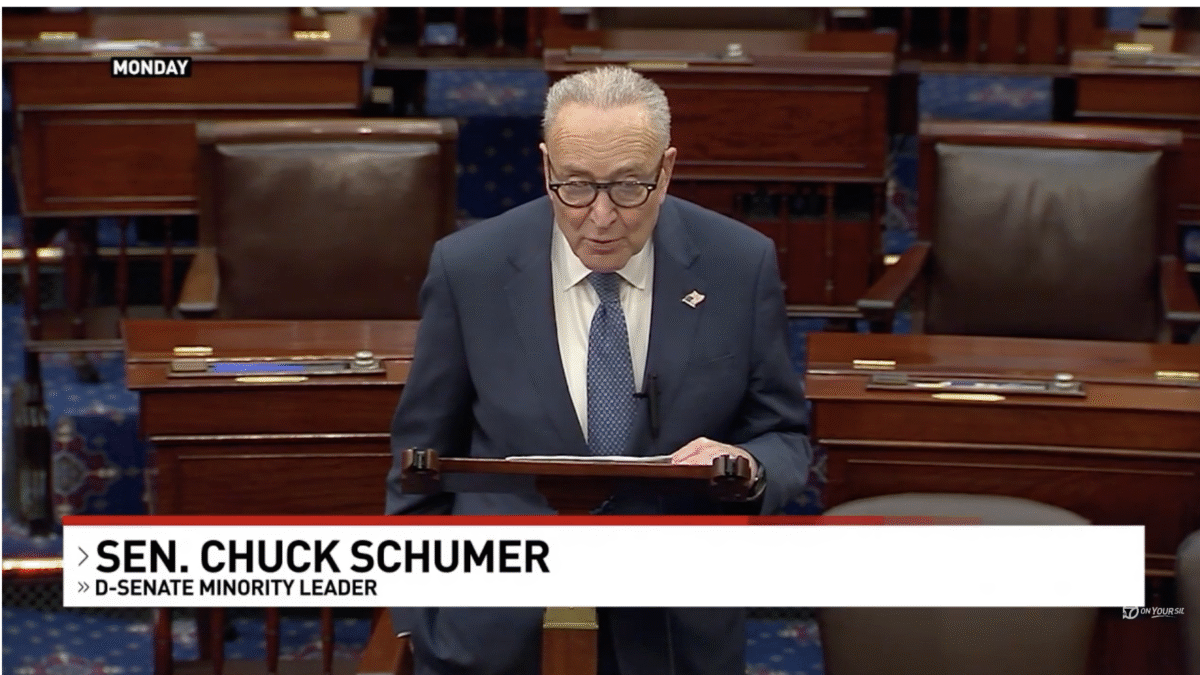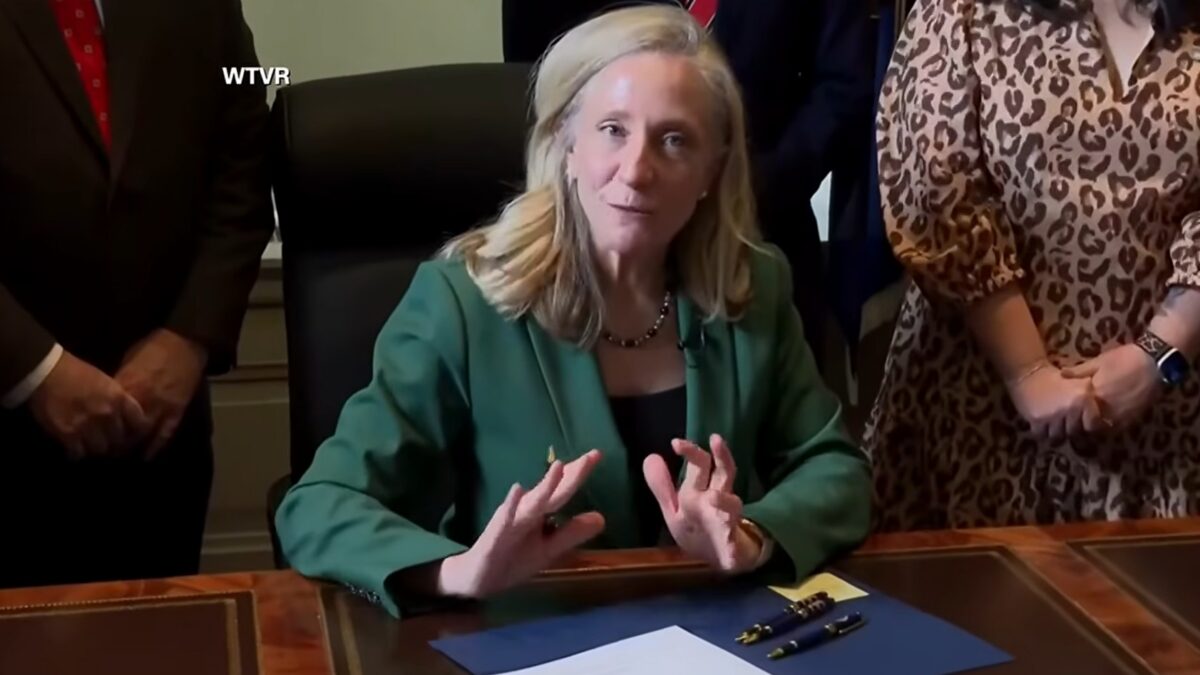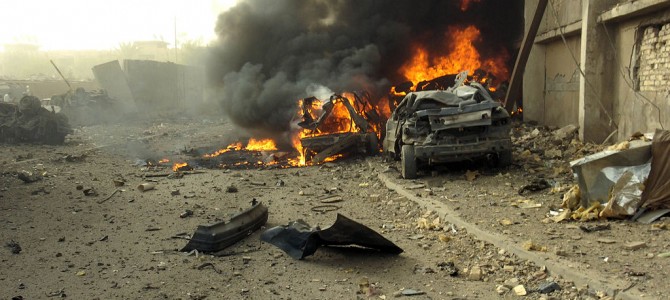
Democrats predicted that the war in Iraq was unwinnable, Harry Reid said it was already lost, and Senator Obama declared that President Bush’s “surge” wouldn’t work.
And now here we are in 2014, and by golly it looks as if they were right: Iraq is a total disaster. An al-Qaeda splinter group, the Islamic State of Iraq and Syria, overran Fallujah months ago and just knocked over Mosul and Tikrit, reportedly executing hundreds in the street and sending half a million Iraqis fleeing for their lives. They’re on a path that will take them straight into Baghdad, if there is no one to stop them. And the Iraqi army is in disarray.
So were the Democrats right? Was Iraq a lost cause, inevitably, all along? There’s one big problem with this narrative: Iraq has fallen apart on President Obama’s watch, as a consequence of his own policy of willful neglect.
I would say that this was a self-fulfilling prophecy, but that doesn’t quite seem to cover it. Instead, I would characterize this as a wish-fulfilling prophecy. If Iraq is falling to al-Qaeda, it’s because this administration deliberately chose to throw away the victory handed to them by George W. Bush. The left thought we should have lost the war in Iraq, they wanted us to lose it—and finally they’re getting the outcome they wanted.
To grasp the magnitude of this betrayal, we need to go back to the state of play in Iraq in 2009 and trace the steps forward to understand how we got here.
By 2009, the surge had wiped out al-Qaeda in Iraq, taking advantage of the Islamist fanatics’ brutal tactics to drive a wedge between the terrorists and their local allies. Seizing on this opportunity, the US served as the middleman for a political settlement between the Shiite government and the Sunni tribes in the insurgent heartland, who agreed to oppose the insurgency and back the central government. We then goaded Nouri al-Maliki’s government into clearing out an Iranian-backed, theocratic Shiite militia in Baghdad and in Iraq’s south. So Obama inherited the legacy of a counter-insurgency campaign that had succeeded beyond its advocates’ most ardent hopes. (I know. I was one of the advocates.)
Then, in early 2010, Iraq held an election that produced pretty much the result we had hoped for: a victory for Ayad Allawi’s non-sectarian, anti-Iranian Sunni-Shiite coalition. In effect, this was a ratification of the settlement between the country’s sectarian factions.
But Iraqi Prime Minister Nouri al-Maliki, who had been a reluctant and unreliable ally, resisted the election result, refused to allow the formation of a new government, and disqualified a batch of Allawi’s candidates after the fact, essentially overturning the election result. And what did we do? We let him. Obama’s State Department signed off on what we can now recognize as their favorite kind of agreement: an off-ramp deal, i.e., a deal designed, not to solve the crisis, but to come up with a face-saving way of absolving us of any responsibility for it. So we brokered a deal where Maliki was supposed to share power with Allawi’s coalition, and Maliki never really bothered to live up to it. Instead, he followed up with a campaign of sectarian persecution and political suppression against the Sunnis.
But what were we going to do about it? President Obama had also failed to negotiate an agreement to keep 10,000 US troops in Iraq. The only message he was sending to Baghdad was that he wanted to wash his hands of Iraq as soon as a possible. So he had no political leverage to use with Maliki.
The results was predictable, and a lot of us predicted it: having broken the political settlement, Maliki alienated the Sunnis, caused them to conclude that they had no stake in the government’s survival, and made them open to the return of the insurgents.
But the key turning point was the rebuilding of al-Qaeda in Syria. When Syrians first rose up against Bashar al-Assad, it was obvious that we couldn’t back the regime, a brutal dictatorship that was closely allied to Iran and had vigorously backed the insurgency in Iraq. But President Obama refused to take any significant action to back the rebellion, which was largely non-sectarian in its early days. This left a power vacuum that would be filled by Sunni Islamists. Yet the administration still kept stringing along the non-Islamist rebels, leaving them some hope that if they opposed al-Qaeda and declared a non-sectarian agenda, we might tip the scales in their favor.
And then came the Putin-brokered deal last summer in which Assad agreed to begin maybe dismantling some of his chemical weapons, in exchange for being accepted as the indispensible man in Damascus. It was another off-ramp deal designed to take the issue off the president’s plate. This betrayal crushed the hopes of the non-Islamist rebels and gave a huge boost in credibility to the Islamists. It helped create a whole new arena for al-Qaeda to reconstitute itself—which naturally crossed over the border. Notice who’s taking over in Iraq: the Islamic State of Iraq and Syria.
None of this just happened out of the blue in the past few weeks. All of this has happened slowly, agonizingly, over a period of five years. There was plenty of time to notice what was going on—some of us were pointing at the unfolding disaster and jumping up and down and screaming—and to do something about it.
To stop it now would require a giant new military effort, which is vanishingly unlikely to happen unless—until—this disaster comes home to our doorstep in some spectacular way. But to stop it along the way would not have required much, if any, direct military force. It would have meant keeping a few tens of thousand of trainers, advisors, and special forces in Iraq to support the government and back up our influence, plus a whole lot of vigorous diplomacy. But the hallmark of this administration is that they came in talking a lot about how they preferred diplomacy to military action—and then showed virtually no interest in accomplishing anything with diplomacy.
All of this happened while Barack Obama was president—and, I should add, most of it unfolded while Hillary Clinton was Secretary of State. Yet if anyone in the administration was raising alarms, neither the president nor Madame Secretary deigned to listen.
So if Iraq is collapsing, we have to assume that this is a result the administration was happy to accept, because they never lifted a finger to stop it.
Even now, Nouri al-Maliki is asking us to come in with air strikes, though at this point, he’s really just asking us to intervene on his behalf in a sectarian civil war. That might be the least bad option, but it’s not clear we’ll even do that. So what is Maliki left to do? Turn to Iran for the help we won’t offer.
President Obama is shaping Iraq on the model of his Syria policy: letting it turn into an endless battle between two gangs of theocrats: the Sunni al-Qaeda gang versus the Shiite Iranian gang. That’s his vision of the Middle East: a cauldron of competing Islamist terror gangs.
In purely humanitarian terms, this is a catastrophe. The administration is callously condemning tens of millions of people in the Middle East to poverty, terror, murder, torture, and starvation. And all for what? To flip a big middle finger to George W. Bush?
It’s also a disaster for our interests. In Obama’s Middle East, terror is the coin of the realm, power goes to the most brutal and fanatical, and the whole region becomes one giant live-fire training camp for jihadists from around the globe. I fear we’re going to be paying for this disaster for a long, long time.
Only one thing could be worse. The Middle East could become a cauldron of nuclear-armed Islamist factions. That comes next, when Iran decides to push for a bomb and the Sunni Gulf states decide it’s time to match them. All of this looks like a geopolitical nightmare for us, though it might well achieve another key administration goal: jacking up the price of gasoline to the $8 per gallon that Energy Secretary Steven Chu once named as his target.
Chalk this down to politics, with Obama wanting to focus on domestic issues and avoid any of the entanglements of foreign policy—though he hasn’t been very successful at either of those goals. Chalk it down to crass partisanship, with Democrats giving off the sense that don’t want any American victory if it’s tainted by association with George W. Bush. But I think there’s something deeper at work.
Consider the post-counter-culture left’s attitude toward all our wars, starting with what they did in Vietnam.
By 1973, we had withdrawn ground troops from Vietnam and left a government that could survive, with significant aid and support from the US. So the left systematically cut off all of that aid, inviting North Vietnam to take over. The results were pretty similar to today, with lawless militants imposing a reign of terror and creating vast humanitarian disasters in the places we had abandoned. The left turned an honorable withdrawal into a humiliating defeat, which then emboldened the Soviets to go on a global romp, swallowing more bits of Latin America and grabbing Afghanistan.
Similarly, when things were at their worst during George Bush’s prosecution of the war in Iraq—the “worst,” then, was far better than it is now—Democrats like Joe Biden and Barack Obama didn’t offer their advice on how to rally the war effort and win. Bush had to do that on his own. No, they held a series of votes in Congress trying to guarantee defeat by cutting off funding for the war, just as congressional Democrats had done with Vietnam.
In the left’s view, America is an oppressive and illegitimate society, founded on lies and racism. Until we can be fundamentally transformed, we deserve to lose. And if we don’t lose on our own, they will do what they can to induce that result.
That’s the wish-fulfilling prophecy. We’re losing in Iraq because the people who are now in charge of our policy always said that we would lose, always thought that we should lose, always tried to make us lose, and now they get to make it happen.
This is a generational lesson. If the failed rollout of ObamaCare was a reminder of why we can never let the left have power over the economy, the current disaster in the Middle East is a reminder of why we can never let the left have control over our foreign policy.
We learned all that, once upon a time, back in the 1970s, but the lesson wore off. Let’s learn it for good this time.
Follow Robert on Twitter.


